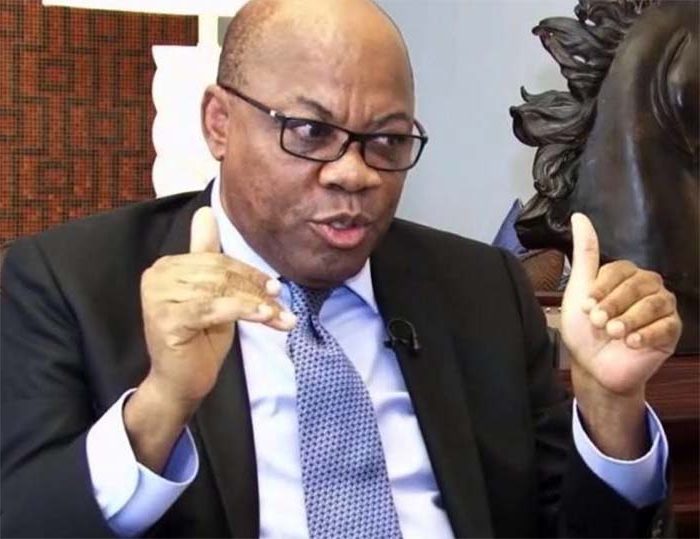By Olasunkanmi Akoni and Jeffrey Akpabor
Former President of the Nigerian Bar Association (NBA) and human rights advocate, Dr. Olisa Agbakoba, SAN, has said that the 2027 presidential election will be determined by the candidate who demonstrates an unwavering commitment to constitutional replacement, genuine devolution of powers, and fiscal federalism.
Speaking in Lagos on Wednesday during the presentation of a policy document titled “Devolution Is the Solution: Fundamental Reform Agenda for Nigeria’s Transformation,” Agbakoba said Nigeria’s prosperity depends on simultaneous political and economic restructuring.
He argued that constitutional replacement, rather than amendment, was necessary to rebuild the federation on sound principles of devolution and fiscal autonomy, with states owning their resources and retaining at least 50 per cent of revenues.
According to him, federal powers should be limited to currency, defence, external affairs, and immigration, while states should control police, electricity, solid minerals, airports, intra-state commerce, education, and healthcare. Local governments, he added, should be responsible for primary education, primary healthcare, water, sanitation, local roads, markets, and voter registration.
Agbakoba said the 2027 elections must focus on which candidate commits to these fundamental reforms.
“Every candidate must commit to a new constitution, state police with operational independence, resource control with a minimum 50 per cent derivation, full implementation of the Oronsaye Report, and government divestment from commercial enterprises,” he said.
He added that the next president must also pursue reforms in the maritime and aviation sectors, judicial transformation for contract enforcement, critical minerals and space industry development, and agricultural expansion capable of unlocking ₦15 trillion in export potential.
Agbakoba described the proposed reforms as a roadmap to a “golden age” of development.
“If these foundational reforms are fully implemented, Nigeria will enter a golden age of development. This is not hyperbole but mathematical certainty,” he declared.
He projected that such reforms could enable ₦500 trillion annual budgets, double-digit GDP growth, and massive formal economic participation by over 200 million Nigerians.
“We will witness infrastructure rivaling Asian miracles, education and healthcare matching developed nations, technology hubs competing globally, agricultural abundance feeding Africa, and an industrial revolution creating millions of jobs,” he stated.
Agbakoba warned that time was short, noting that if elections are moved to November 2026, Nigeria has less than two years to secure clear commitments from candidates.
“This is not about choosing between Atiku, Tinubu, Obi, or others. It’s about selecting whoever demonstrates genuine commitment to constitutional replacement, devolution, and fiscal federalism,” he emphasized.
He maintained that Nigeria’s persistent crises stem from a flawed governance structure rather than policy deficiencies.
“The current system reliably produces insecurity, economic stagnation, and institutional decay because politics and economics are inherently local. Only foundational restructuring through devolution can unlock Nigeria’s ₦500 trillion economic potential,” he said.
Agbakoba also urged the government to exit commercial ventures, freeing over ₦10 trillion in capital for private sector-led growth. He projected that with proper reforms, Nigeria could achieve 10–12% annual GDP growth, 5–7% interest rates, and a 100-million-strong middle class within a decade, propelling it into the top 10 global economies by 2035.
“We will either have the courage to restructure Nigeria now or leave our children to inherit the whirlwind. The answer must be written in the ballot box of 2027 and inscribed in a new constitution by 2030,” Agbakoba concluded.
The post Agbakoba: Devolution, fiscal federalism will shape 2027 presidency appeared first on Vanguard News.

